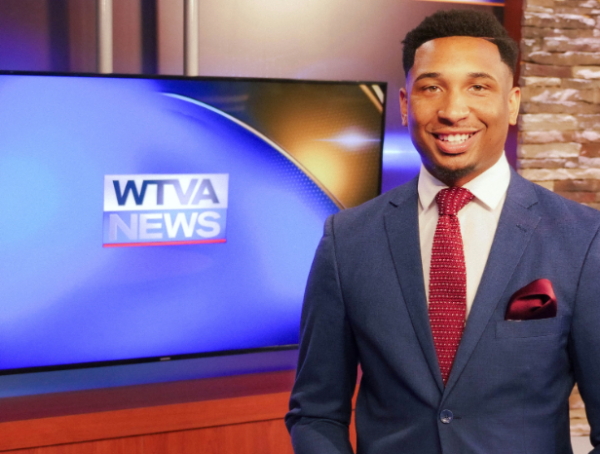Journalists have long grappled with the challenge of covering America’s changing demographics and Jesse J. Holland has been doing his part to improve those efforts for about three decades. He worked as a Race and Ethnicity Reporter for the Associated Press (AP) for five years, but the mission didn’t start there.
“I had been doing race and ethnicity work my entire career because it was the work that I was interested in. That was just the first time that that was all I did,” Holland said.
Today, multiple national news organizations have these jobs — ABC News has a Race and Culture Reporter, CNN has a Race and Equality Editor and Axios, The Washington Post and others have hired Race and Ethnicity Reporters. But Holland notes that race and ethnicity reporting is unique to non-Black and brown media establishments. “The Black press doesn’t have race or ethnicity reporting; they just call it reporting.”
Across the journalism industry, Holland said he’s seen reporting on race and ethnicity shift and evolve over the course of his career.
“When I first started in journalism, reporting on race and ethnicity was called Urban Reporting,” said Holland, “it was Urban Affairs as if everyone lives in a city as if everyone Black and brown lived in an urban ghetto.”
The reporting has changed in other ways, too. For example, Holland said journalists have begun to write about white Americans as a race. “In the past, we’ve written about whites as Americans, and everybody else as a Black American, Hispanic American, Asian American. There was no such thing as white American, they were just Americans.”
According to U.S. Census projections, non-Hispanic whites will comprise more than half of the American population at some point between 2030 to 2060. However, Holland is not sure that will be enough impetus for wholesale change in reporting.
“I suspect that even when the demographic shift happens, the power will still mostly, in the United States, be held within the white race, they will still continue to dominate politics, and finance and all the other areas of the country,” said Holland, “so the media will continue to write for them.”
Of course, journalists don’t have to have the word “race” in their titles to be able to tell these stories of critical importance, but Holland said they do have to be courageous.
“Is racism still the defining issue in the United States period? It would have been nice if we had been past it by now. We’re not. So I still think that it’s something that we have to talk about, regardless of whether it’s uncomfortable or not. It’s an issue that we have to talk about, think about, teach on until it’s not an issue anymore. If we ever get to the point where it’s not an issue, then we can stop talking about it.”
Holland is now an assistant professor at George Washington University and a guest host on C-SPAN‘s Washington Journal. He has advice for his students and for all journalists trying to cover the full range of America’s people and problems.
“Even if the question you ask is uncomfortable to you, horrifying to your parents, and disgusting to the people you know, sometimes those questions have to be asked, those conversations have to be had. I think that’s part of what we do as a journalist, it’s part of the job.”








